2024: the year of the charging station as a platform and platformication of retail
Never a dull moment in the world of marketplaces and platforms! Find out how this world is developing in 2024 and which trends are set to lead the way. Our founder, Richard Straver, explains the key developments and highlights where the opportunities lie and where the market is moving.
Disruptive power of AI as opportunity and threat
Over a year ago, ChatGPT was presented to the world and in just a short time we have already seen the disruptive power of generative AI. It can also be a game changer for platforms and marketplaces. For example, in the area of customer experience and support. Unlike traditional chatbots, which often provide fragmented and limited answers, ChatGPT can answer more complex questions from platform users and take context into account. Platforms can also use AI analytics tools to collect data on customer interactions with ChatGPT to discover patterns and improve the customer experience.
Generative AI can also help marketplaces and platforms develop content and new features. An example is integrating ChatGPT into an e-commerce platform to help customers find the right products faster or help describe a product. In addition, self-learning systems such as ChatGPT can be used to detect suspicious patterns and anomalies to combat fraud. In other words, more than enough opportunities to use generative AI to optimise your platform in the coming year.
So, is it only rainbows and sunshine for marketplaces and platforms with AI? Certainly not. In fact, with the same cleverness, it can also increase fake ads. Therefore, it is also important to implement systems that can detect and remove fake ads before they can do any damage.
With the rapid developments in this area, we will see even more opportunities and threats in the platform world in 2024. You ain't seen nothing yet!
Niche platforms for traditional industries
Thanks to AI, new platforms will also emerge that offer AI-based tooling for traditional industries that are not very disruptive. Think of services provided by notaries and lawyers. Niche platforms will emerge that can provide more certainty about how complete or correct a deed or contract is. Again, however, humans will remain indispensable for the time being and a final check/verification of the advice generated will remain necessary.
The charging station as a platform
With already more than 550,000 stations across Europe, the number of charging stations for electric and hybrid vehicles is growing rapidly. A new European regulation for a strong alternative fuels infrastructure (AFIR) aims to expand this even further and should also ensure a more user-friendly charging experience. For instance, from 2024 all charging points should be accessible without a subscription and contactless payment by credit and debit cards should be possible. The idea behind this is that drivers of hybrid and electric vehicles should benefit from the same payment options they are used to at petrol stations.
To make these payment options and better experience possible, several parties are involved, all of whom also want to be compensated based on usage. Think of the energy supplier and the owner of the pole. The charging station thus becomes a kind of platform and there are often multiple beneficiaries of the payment to be settled with multiple parties. With this, charge post owners and operators will look for parties that can support them in multi-split payments and setting up a compliant payment infrastructure, among other things.
Platforms take brake off funding
Unlike AI startups, other companies are having a harder time getting investment or loans. The market is still plagued by uncertainty and high interest rates. If one can get a loan or investment at all, the terms are often unattractive. This gives impetus to platforms offering alternative forms of financing. Fast-growing crowdfunding platforms like Brocolli and Geldvoorelkaar.nl are capitalising on this. You also see the rise of property funding platforms, where both consumers and businesses can borrow money on more favourable terms to buy a house or office. These platforms faced the 2023 deadline for the new European regulation that sets new organisational requirements, including for handling payments on the platform. Now that most platforms have this in place - if all goes well - through a payment service provider, they can once again fully focus on growing their platform.
From iDEAL to Wero
In the last quarter of 2023, Dutch iDEAL has been taken over by the European Payments Initiative (EPI) and will become the basis of a European payment system and a new digital wallet. These will be named Wero. A nice compliment that a Dutch innovation will become the European standard. By mid-2024, Wero will already be rolled out in Belgium, Germany and France. The Netherlands will soon follow. With the arrival of Wero, marketplaces and platforms will have to adapt their payment modules, but the big advantage is obviously that international payments will become more accessible. In addition, I expect Wero to reduce the use of credit cards in online payments in Europe.
Platformication of retail market
There is a clear development underway that we will see much more of in 2024: retailers introducing online marketplaces. This allows them to offer items through partners that they themselves do not sell through their (physical) channels. The main reasons for this are obviously to create more reach and an additional revenue stream, but it is also a strategic countermove to prevent platforms such as Amazon, Alibaba and Bol.com from not owning everything soon. Offering customers online products that logically complement the product in their shopping basket also improves the shopping experience.
Renewed respect for regulators
The crypto market was in full swing last year. With Binance's exit from European markets and the FTX scandal, we are increasingly seeing the value and need for financial regulators. Whereas in the early years of crypto there was still a search for a mode of supervision of this relatively new playing field, financial regulators now have an increasingly firm grip on the market. Looking back at the FTX debacle, the great added value of regulators also becomes clear. As with the emergence of banks, the crypto world in its infancy was a kind of cowboy land where unclear things happened that involved high risks. As regulators apply more and more rules and controls to crypto exchanges, you see a renewed respect for these institutions that have once again proven their usefulness and necessity.
Exactly how 2024 will unfold, nobody knows. The fact that two wars are now raging, and interest rates remain unabated, only adds to the unpredictability. What is clear, however, is that innovation never stands still, and the coming year will also see new platforms and marketplaces as well as technologies that make the customer experience even smoother.

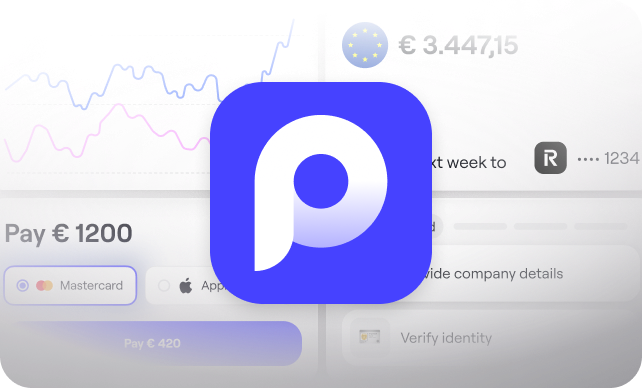
.svg)
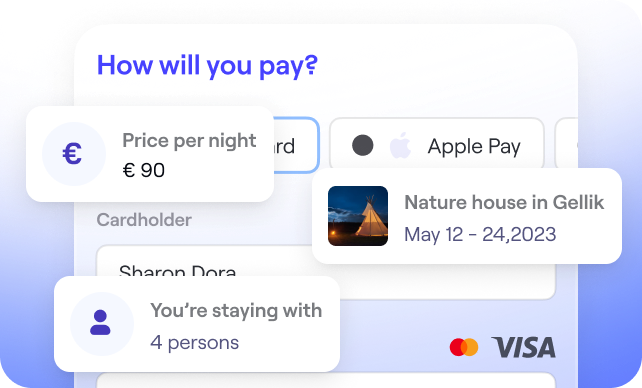
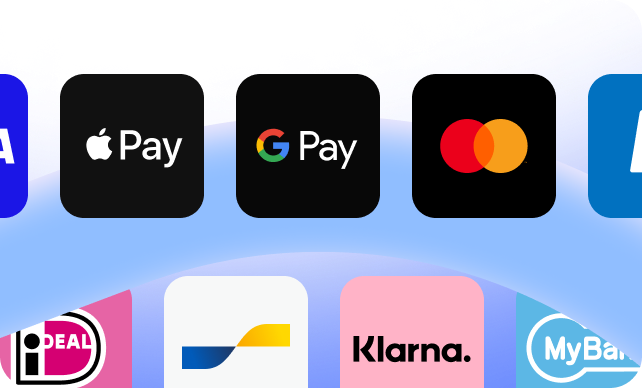



.svg)

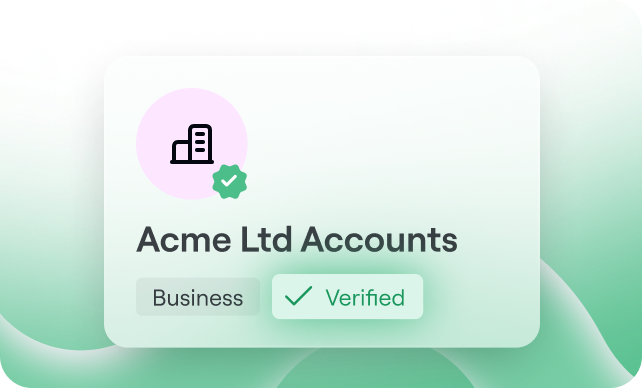

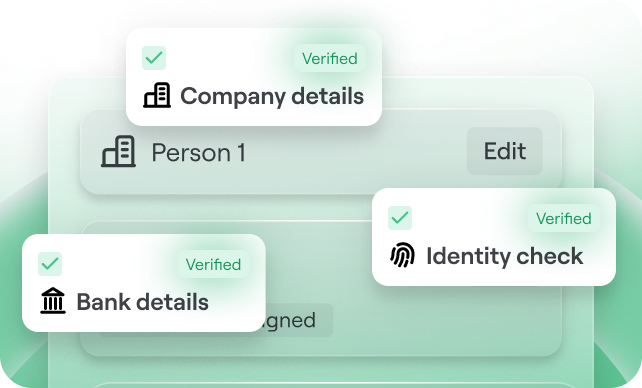
.svg)
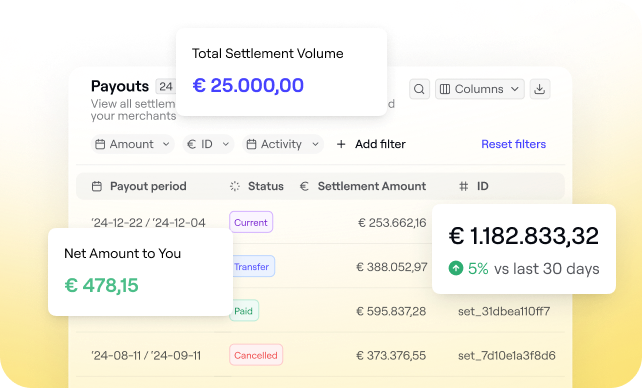
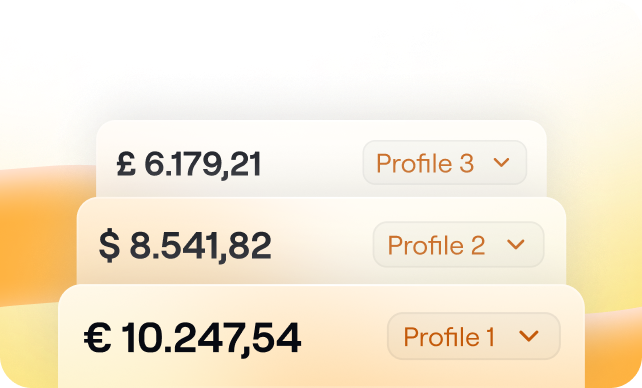

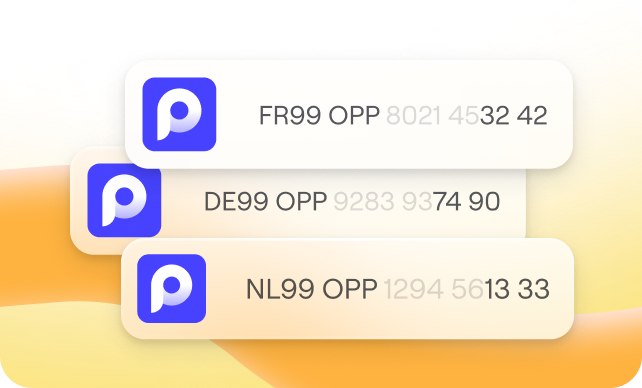
.svg)
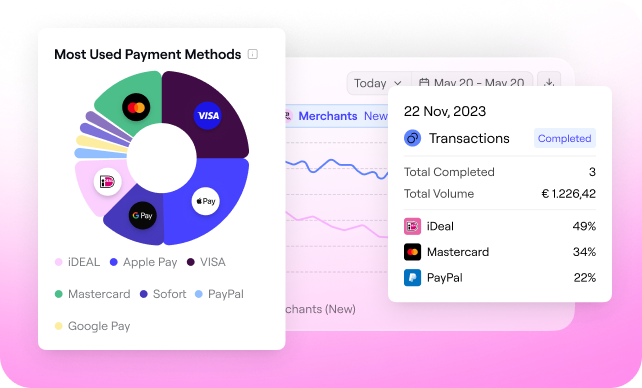
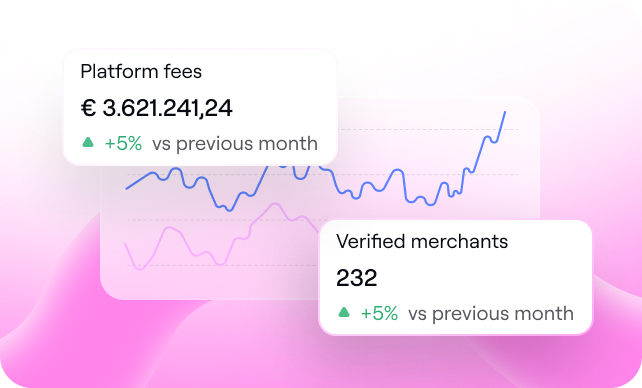

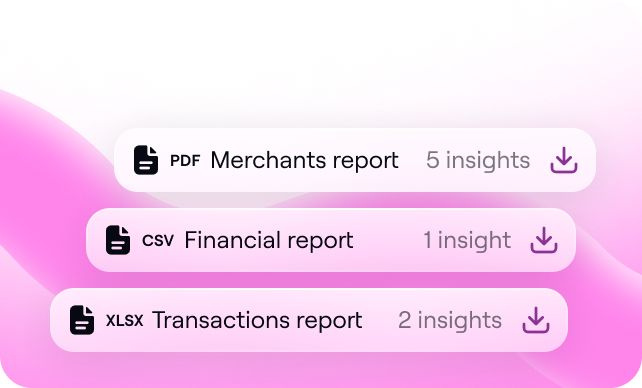
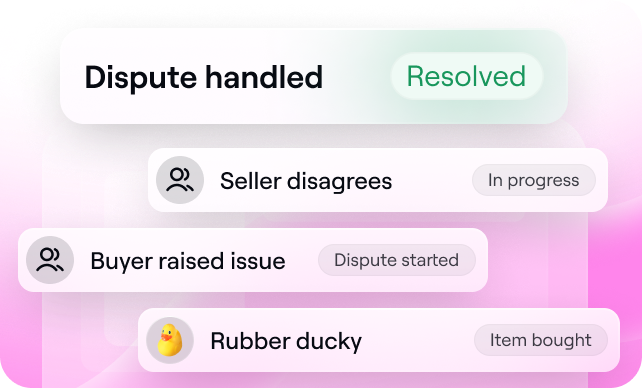



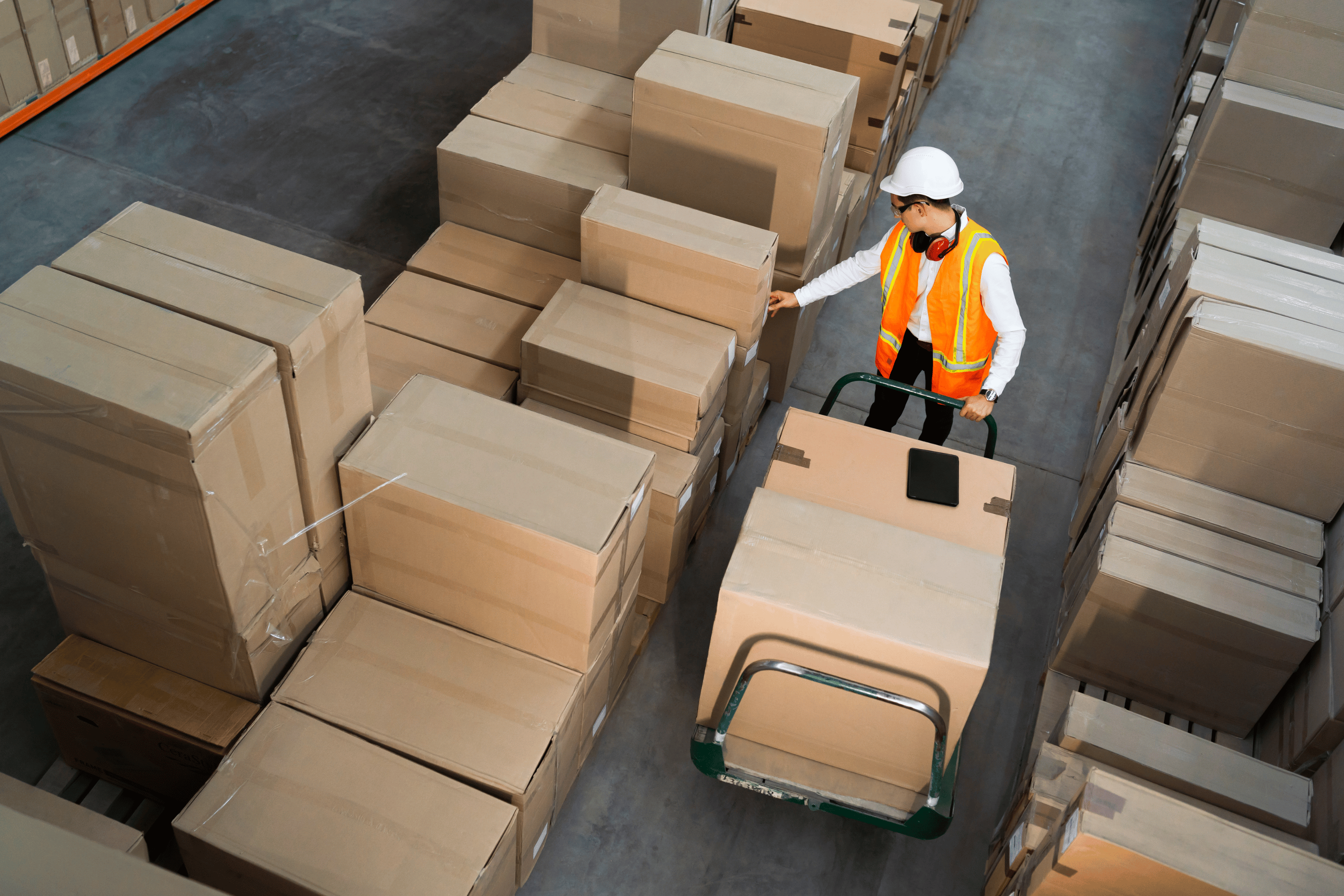


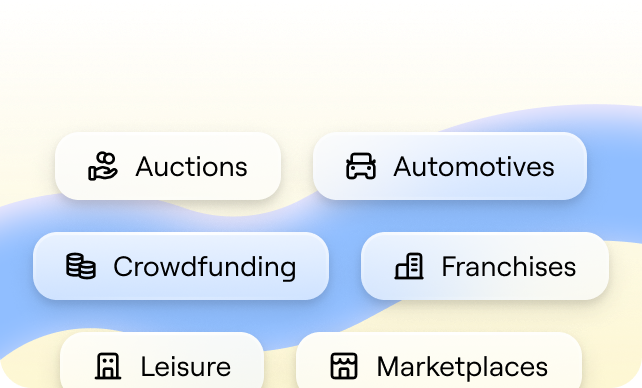





%20(1).png?width=1300&name=Copy%20of%20Copy%20of%20Blog%20post%20(1620%20x%201080%20px)%20(1).png)



.png)
.png?width=75&height=51&name=Worldline%20(2).png)